
The right savings account doesn’t just store your money—it helps it grow. But finding the perfect fit for you can be tricky. Banks offer various perks, tools, and rules that can subtly influence your financial habits. Before you choose where to park your cash, make sure to check out these ten important factors first.
Digital Banks Offer Better Rates And Fewer Hassles
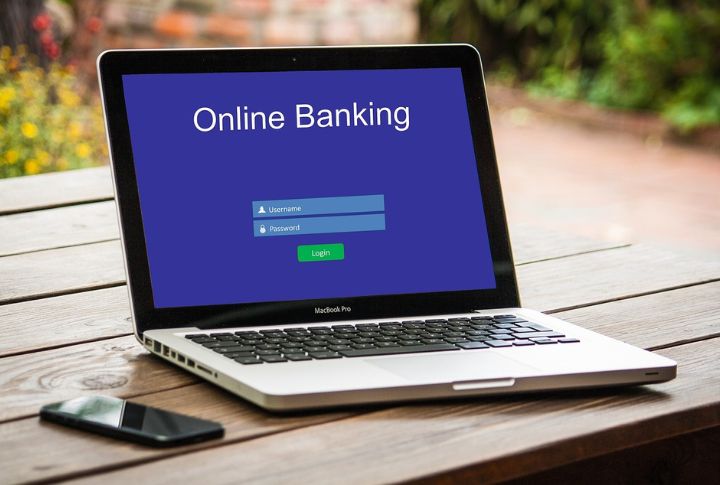
Online banks are shaking things up. They often come with higher interest rates, fewer fees, and slick digital tools that make managing your money easier. If you care about efficiency and tech-friendly service, this is something to factor in before settling on where to stash your savings.
Big Banks Offer Stability, But Often Lower Returns

Large national banks often provide low interest rates, sometimes as low as 0.01% APY (Annual Percentage Yield), on standard savings accounts. However, regional banks and credit unions can offer high-yield savings accounts with balance caps or tiered rates, but these vary widely. Always check a bank’s official website for current offers.
Your Money Is Only Safe If The Institution Is Insured
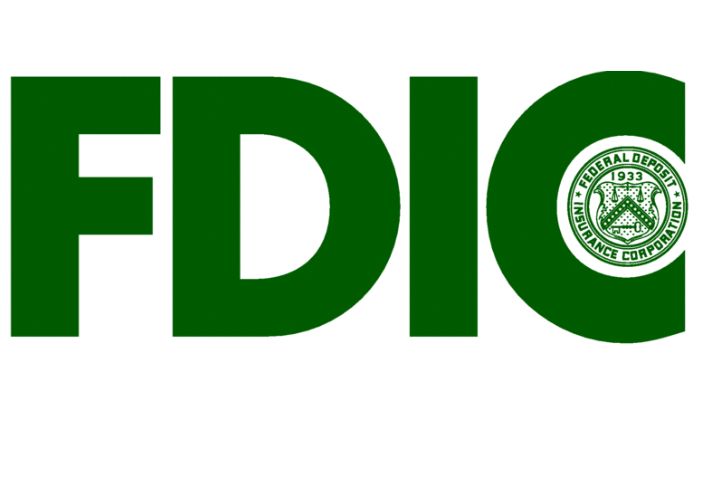
Your deposits are protected if you bank with an insured institution. FDIC (Federal Deposit Insurance Corporation) insurance safeguards up to $250,000 per depositor at banks, while NCUA (The National Credit Union Administration) insurance provides the same coverage for credit union members. To keep your money secure, always confirm the insurance.
High-Yield Accounts Can Offer Better Growth

Online banks like Varo and CIT Bank offer a great way to grow savings with competitive APYs. While rates vary, many of these accounts outperform traditional banks. Smart savers consider more than just interest—they look at flexible accessibility and long-term benefits to ensure their money works best for them.
Hidden Fees Can Quietly Undermine Your Savings
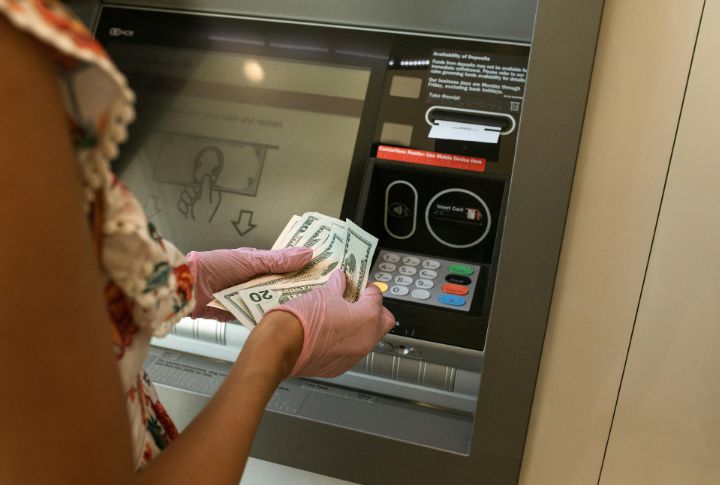
Fees can quietly eat into your savings. Wire transfer charges, out-of-network ATM fees, and withdrawal penalties can add up quickly. The best banks prioritize transparent fee structures, making it easier to grow your money without unexpected costs. Always review terms carefully to avoid financial surprises.
In-Person Banking Still Offers Real Relationship Value

Traditional banks offer more than just a place to store money. Their in-person banking is ideal for those who value face-to-face interactions, offering personalized service and financial planning through relationship banking. Relationship benefits with personalized financial advice can include discounted loan rates and integrated banking services.
Traditional Banks Are Adapting With Stronger Tech Tools
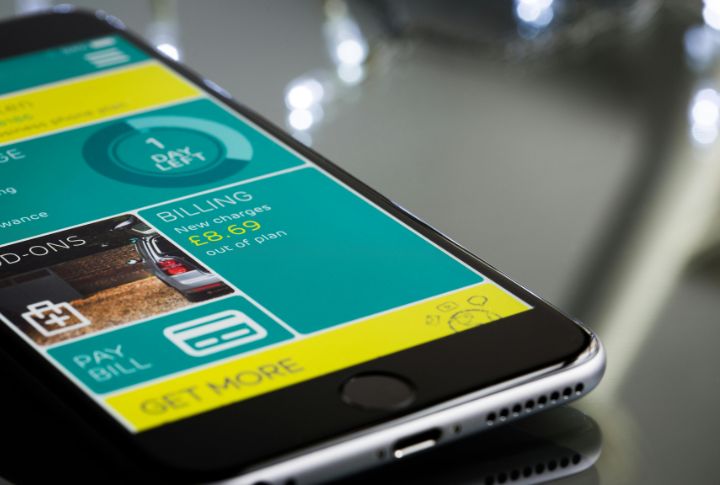
Modern brick-and-mortar banks are fighting back with improved digital tools. Many now offer solid mobile apps with online account management and competitive digital features. The line between online and traditional banking continues to blur with the competition, creating more options for discerning savers.
You Don’t Have To Choose Just One Banking Style

Who says you must choose? Many financial experts recommend a multi-account approach. Park emergency funds in a high-yield online account while maintaining a local bank relationship for personalized services where you can get in-person consultations. If diversification works for investments, it should for banking, too!
The Right Account Depends On Your Personal Goals
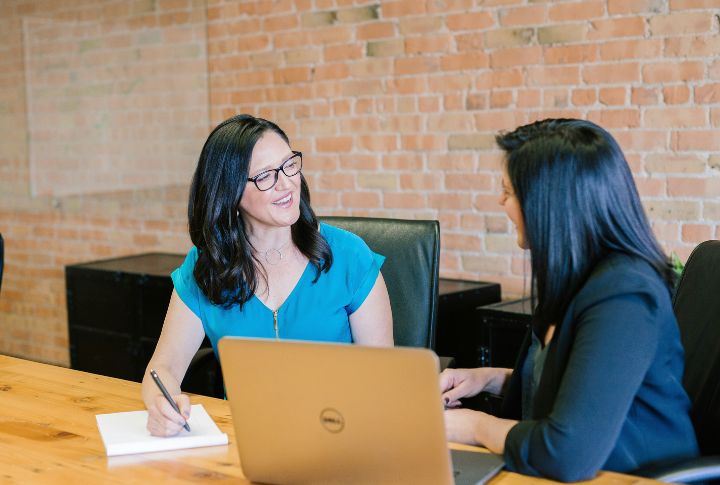
No universal perfect savings account exists. Your ideal banking solution will depend on your personal financial goals and lifestyle. Take time to ask questions on how to compare options and trust your financial instincts. Remember, the best account is the one that aligns consistently with your unique financial journey.
Staying Informed To Make Better Financial Decisions

Banking is personal. Whether you choose a brick-and-mortar institution or an online platform, prioritize your financial well-being. Stay informed on the current trends through research. You should remain flexible and never stop exploring new opportunities to make your money work smarter, not harder.
